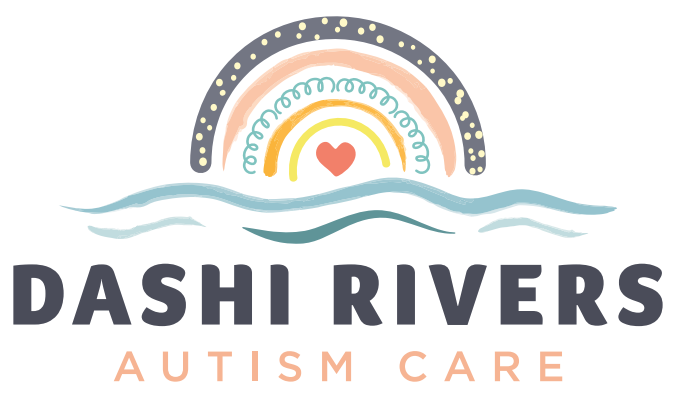Professional Development - The Right Way
It’s not uncommon to hear of “Professional Development Days” where companies take time to provide staff with additional training relevant to their work. It’s less common to actually see it in practice.
In my previous experience at different ABA companies, I’ve often seen training only offered to BCBAs, or not offered to anyone at all. It’s not a big revelation that all staff need professional development. So how can ABA companies improve, or establish, their professional development strategies the right way?
Invest. Every single member of your staff is a personal representative of your company, your brand, your product. If you aren’t able to put time into the people who work for you, your product and your brand are going to suffer. Investing in the professional growth of your staff is an investment in your company. Additionally, staff who are given training and growth opportunities are happier and more satisfied, and therefore more likely to stay with your company. Though in the short term this training may mean losing a work day, in the long term it is worth it as employees will be happier, more loyal, and more knowledgeable.
Ask. Though it’s often a phrase used jokingly, your staff actually are all special unique snowflakes. Their development needs will be as unique as they are. Rather than telling them what areas to focus on, ask them what they feel they need to develop. You might learn something new about your staff, and even find some gaps to fill in your training process. Staff who have the opportunity to determine their own development will be more engaged with the content, and have the buy-in to learn!
Include. Allow your staff to attend training that is not specifically tailored to their role. Knowledge is power. If you are hosting a workshop for RBTs on assent, invite your administrative staff. Let your Speech Language Pathologist make a presentation on joint attention, and invite everyone. It may be useful knowledge for handling a phone call from a prospective family, or it may just be knowledge they are happy to have for their own family.
Adapt. Let staff tell you if the training was engaging, useful, or fun. Have them provide input and take that feedback. If a certain training session seems to be a flop, take immediate action. Without singling out your staff, create a shift in presentation method, take a break, and alter your approach to see if it is the content or the format that isn’t engaging. Learn from all feedback and apply it in the future.
Regardless of role or background, we prioritize professional development in all of our staff at Dashi Rivers Autism Care. When done right, this can reap amazing long-term benefits for both your company as a whole, and individual employees.
